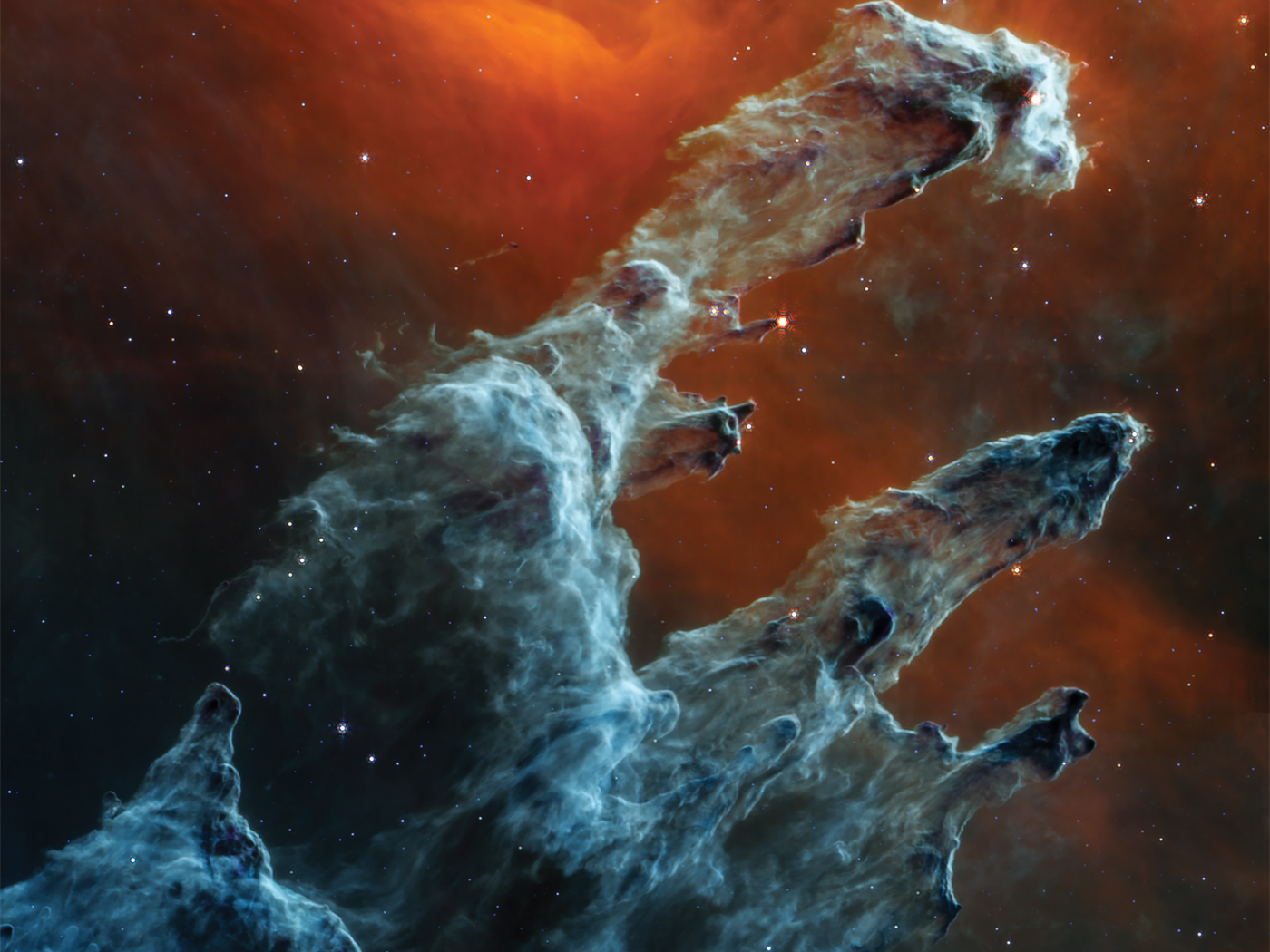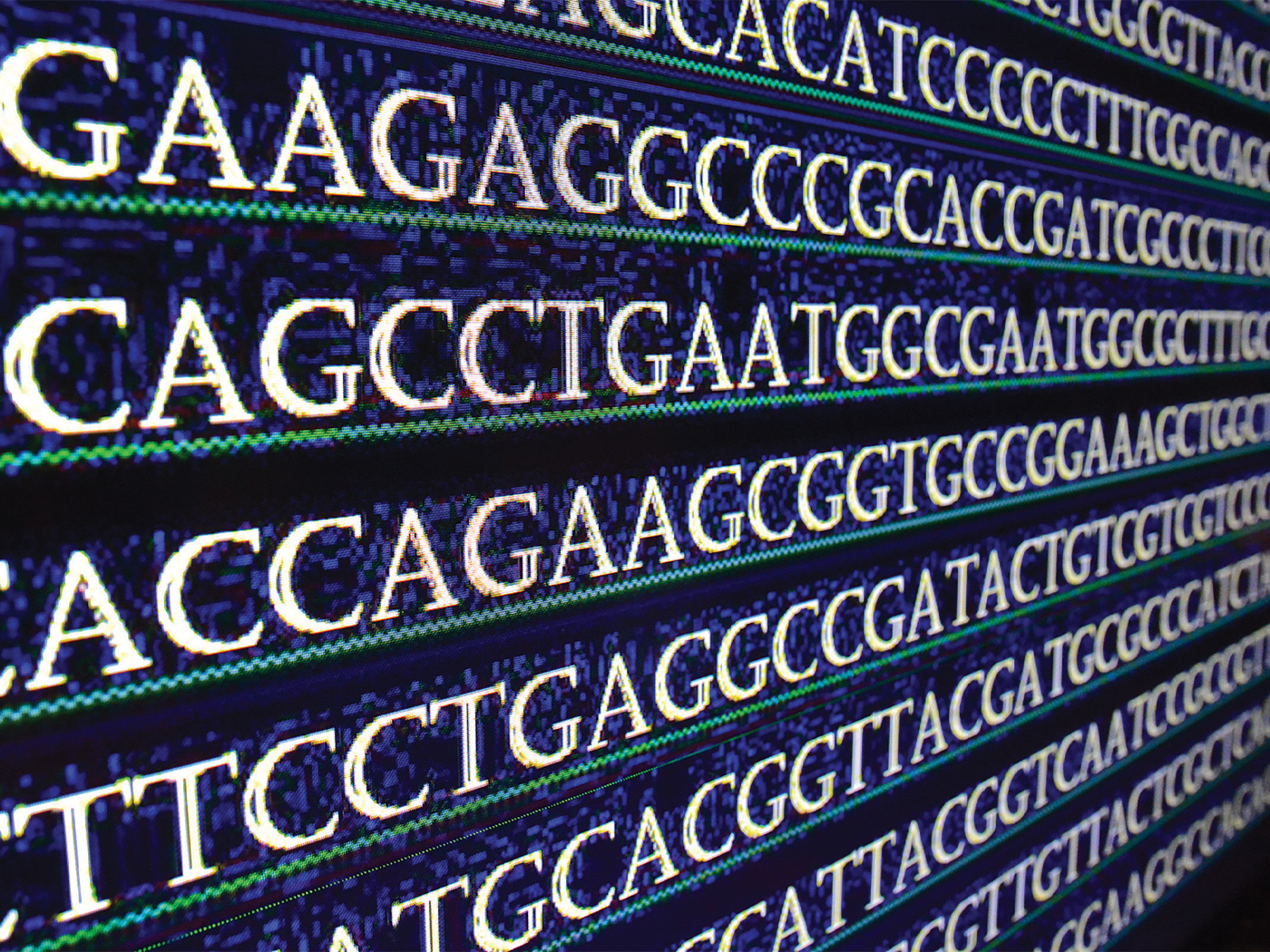According to evolution, life has been on Earth for billions of years. It is common to claim that life originated some three to four billion years ago. Even though spontaneous generation of life has been soundly disproved in every experiment, evolutionists think at least once that non-living chemicals came together on their own, without the aid of any non-natural agency, and formed a living cell, complete with its own genetic code. Under the guidance of these genetic instructions, the cell was capable of life's functions, and reproducing other similar cells with their own similar genetic codes. In this process of code reproduction, mutations may alter the coded content somewhat, so that the detailed instructions vary a little, leading to evolutionary change.
Efforts are underway to push life's origin back into the universe's more distant past, even suggesting that life came to Earth on a meteorite (or spaceship). Speculations of life's "naturalistic" origin long ago and far away seem fueled by man's aversion to being accountable to a "supernatural" Being.
A naturalistic origin of life is evolution's biggest hurdle. Obtaining useful variations of the genetic code seems easy compared to spontaneously obtaining the first genetic code. Even natural selection cannot act on the chemical precursors of life, for it can only choose between living variants as to survivability.
Mutations in existing codes, while they do not speak to the origin of the code, can tell us something about how old life can be. Most mutations are only slightly harmful, but others are acutely harmful. Most of these harmful mutations, whether mild or acute, pass on to the next generation, thus each succeeding generation is more "mutant." Today, the codes mutate at rates much higher than evolution would predict. Evolutionists have long known that if the mutation rate were as high as one per generation in the reproductive line, genetic deterioration would be a certainty. But the measured rate is between 100 to 300 harmful mutations per person that are fixed within the population! (I recommend Dr. John Sanford's new book Genetic Entropy and the Mystery of the Genome.) Mutations are leading, not to evolutionary advancement, but to extinction!
One obvious conclusion we can reach from the observed rate of deterioration is that mankind (or any species on Earth) cannot have been here for millions of years—or it would have already gone extinct. Instead, life appears to have been recently created and cannot last for millions of years into the future.



















